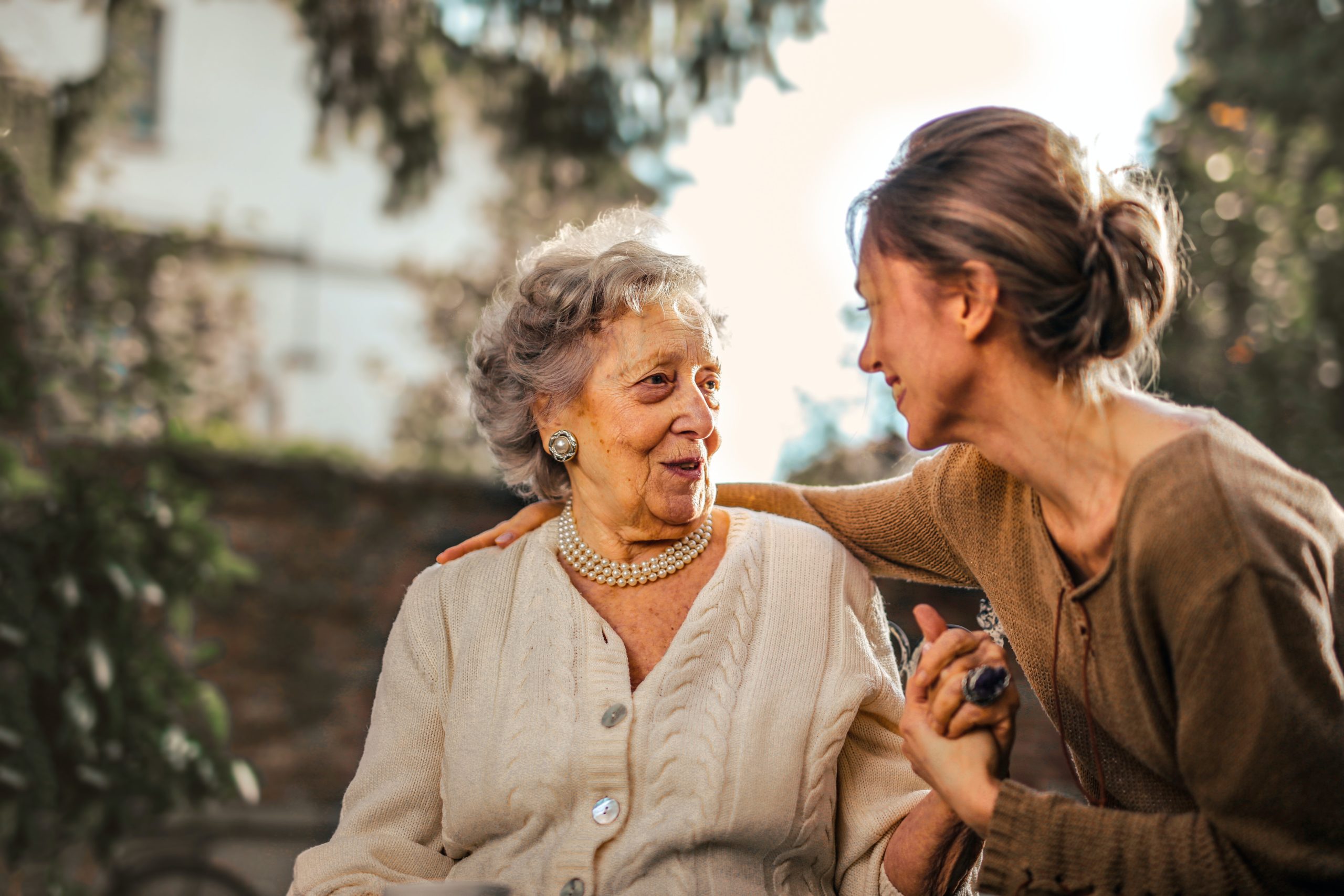
Published on:
As I meet caregivers across the country, they tell me, time and again, how their lives have changed. Many changes involve the tasks of care that have crept into their lives, but the most remarkable changes I hear about are found in how caregivers perceive their world. While every caregiver’s journey is unique and personal, I have learned that caregivers pass through a series of attitudinal adjustments that loosely align with stages of experience in the care-related role.
New caregivers often report feelings of disorientation and worry, aware that things are changing but afraid of what the future may hold. Resistance, reluctance, or confusion are common responses to the emergent circumstances of their lives.
Caregivers with some experience have adjusted to many of the changes imposed by caregiving, but they may continue to struggle with a life in abeyance. Such caregivers may feel like perennial fence-sitters, caught between what used to be and what is yet to come.
Veteran caregivers, those who have answered the daily call to care over the course of several years, have usually reconfigured their lives to be available to a loved one in need. By now, former fears have yielded to an ambivalent acceptance of reality as well as a persistent focus on the present.
If you’re like most people, as you pass through stages of caregiving and develop resilience, you will probably discover that some of your perspectives and attitudes change. These changes may be manifested in a variety of ways, such as:
- Your confidence to care for your loved one increases or decreases
- Medical treatment options for your loved one are viewed differently
- Time with your loved one grows more (or less) important to you
- Your interest in world events waxes and wanes
- Attitudes about your work/career (if applicable) are affected
- Feelings about family members change
- You worry less about what other people think
- Personal values are refined by caregiving
- Empathy for other people grows
- You appreciate things that you didn’t see before
These succinct examples suggest how caregiving can change a person’s paradigm view of so many things. As I review the examples, I am struck by the fact that my personal caregiving experience produced lasting attitudinal changes for me in every single one of the areas listed above.
How has your own caregiving experience shaped your attitudes? In order to truly reflect on this question, I would encourage you to “lean in” to the caregiving experience, for it is only in acceptance of the caregiver role that the burden of care is mitigated and the beauty of care can be revealed.
Posted in Caregiving, Eldercare, Family Caregiving




